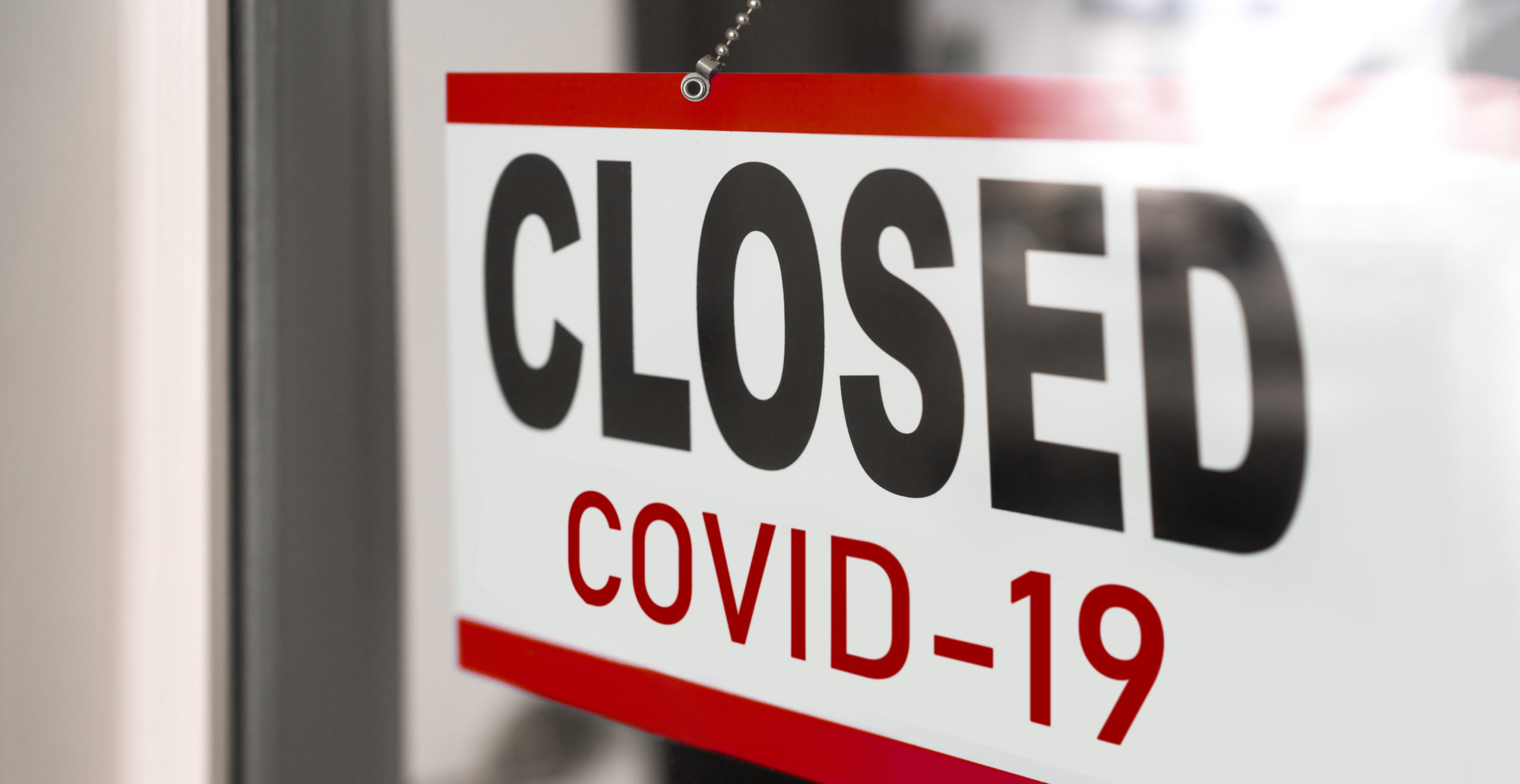Businesses, especially small businesses, are facing a very uncertain future. Covid-19 and mandatory lockdowns are forcing the temporary closures of many businesses. And without the ability to generate profit, those companies face financial losses and hardship. Add to that any debt, rents that need to be paid, employee payroll and other expenses, companies may find themselves on the verge of shutting down. Just like in personal finances, filing for bankruptcy may not be an ideal solution, but sometimes it’s the best one.
Let’s look at business bankruptcy and why it may be a smart option for your business.
Business bankruptcy may be filed by small, mid-sized or large companies, and is often the best option when a company has many debts. That being said, filing for bankruptcy does not automatically mean your company will shut down. What happens to your company depends on the type of bankruptcy that’s filed.
Corporations and limited liability companies (LLC) are considered legal businesses and are eligible for Chapter 7, Chapter 11 bankruptcy or the new Sub-Chapter 5 filings. Chapter 7 bankruptcy allows debtors to stop the creditors from filing lawsuits to attempt to collect on a debt. While businesses cannot obtain a discharge of their debt while, bankruptcy is a good option when the business has no viable future and the owner desires the creditors to fully understand the business’ financial health so that the creditors discontinue their collection actions.
Chapter 11 bankruptcy is best for companies that may be able to consolidate their debts and get their business back on track to running successfully. When a company files for bankruptcy under Chapter 11, continues business under a court-appointed trustee. The company then works out a plan to reorganize and how it will deal with paying off its creditors. Chapter 11 filings can be complicated and expensive.
Recently, a new law can into effect which is aimed at simplifying the bankruptcy process for small businesses by increasing efficiency, lowering costs, and easing the plan confirmation process. The Sub-Chapter 5 bankruptcy filing is similar to a Chapter 11 for small businesses that have a viable future if they can reduce or reorganize their debt. Because the Sub-Chapter 5 filing came into effect in February 2020, there has been few businesses that have filed for such bankruptcy protection.
If a business is a sole proprietorship, it is a legal extension of the owner, and that individual is responsible for all assets and liabilities of the company. Typically, sole proprietors may file for a Chapter 7, 11 or 13 case. If the business is not financially feasible going forward and the sole proprietor himself/herself is facing financial difficulties, then the individual may file for bankruptcy and based on the debt and the individuals income and assets, a determination must made for the best route to take for the sole proprietor.
Bankruptcy is extremely difficult for companies to navigate themselves. Trust an expert to help you determine which solution is best for your business. If your company is facing financial hardships and think bankruptcy may be a solution, contact Swigart Law Group for a free consultation.
Swigart Law Group helps people who have been injured by banks, employers, drug and medical companies, or large corporations, and creates a meaningful and profound impact on the lives of people in the community. Our attorneys are experienced in the areas of consumer protection, privacy and data breaches. Unlike large law corporations, we hand-pick every case we take and we give each of our clients undivided personal attention.
 866.219.3343
866.219.3343

